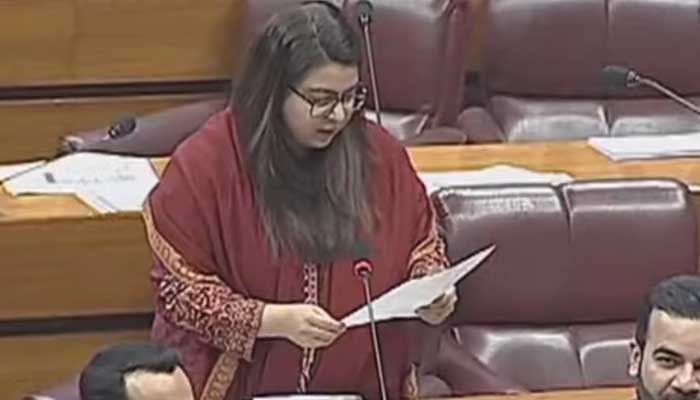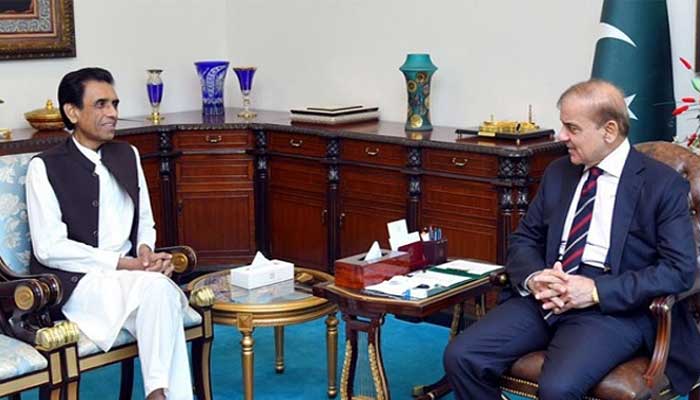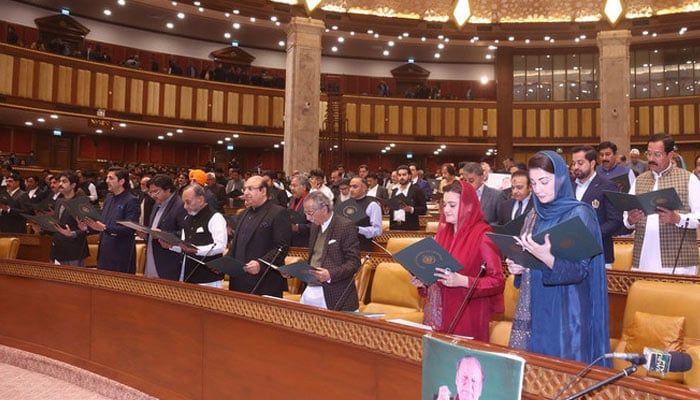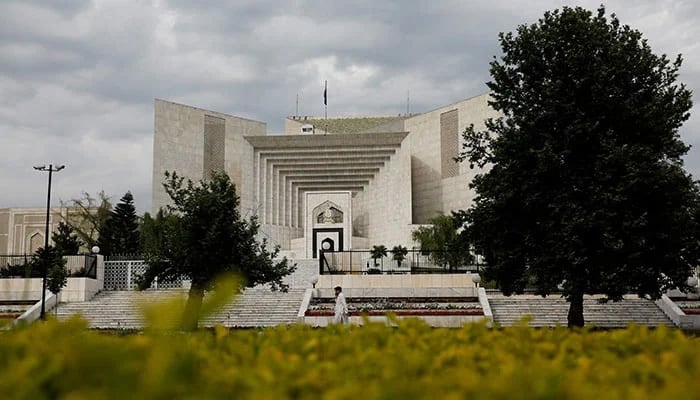Digital Nation Pakistan Bill tabled in NA to establish unified identity for citizens
Bill tabled by state minister Shaza Fatima seeks to centralise social, economic, and governance data

ISLAMABAD: The federal government on Monday tabled the Digital Nation Pakistan Bill in the National Assembly as part of Prime Minister Shehbaz Sharif’s national digital agenda spanning economy, society, and governance.
Minister of State for IT and Telecommunication Shaza Fatima Khawaja tabled the bill in the parliament.
The prime minister, as per the government sources, had sought immediate execution of the comprehensive digital transformation strategy soon after assuming office.
According to the sources close to the framing of the act, the legislation will create a national digital identity for every citizen, providing seamless access to critical services ranging from birth certificates to health records, reported The News.
The plan involves establishing two key bodies: a National Digital Commission, which will be headed by the prime minister and include all four chief ministers as well as heads of major data-rich organisations like the State Bank of Pakistan (SBP), Federal Bureau of Revenue (FBR) and Pakistan Telecommunication Authority (PTA) as well as a Pakistan Digital Authority to be led by top industry experts.
Together, the commission and authority will develop a masterplan to serve as a blueprint for national digitisation. Sector-specific digitisation masterplans will also be created, shared with relevant ministries, and made public to engage the private sector, which is expected to lead and benefit most from the digitisation agenda.
The core objective, according to officials, is to create a digital identity for every citizen, enabling “cradle to grave” solutions. This means digital access to birth certificates, educational records, health records, land records, assets, businesses, police certifications, and ID cards — all accessible through digital wallets and aimed at eliminating long queues for services like degree attestation and passport applications.
The proposed digital infrastructure will enable unprecedented data interoperability, according to government sources. For instance, they explained that tax authorities would automatically receive information about property purchases, while healthcare providers could access patient records through standardised digital channels. Officials emphasised that only relevant data would be accessible, with a strong focus on data privacy and security.
On the economic front, the initiative aims to create a cashless economy through digital wallet payments. Government sources explained that this would help formalise the grey economy, increase transparency, and improve government revenues. Citizens will develop digital financial histories, potentially making it easier to access bank loans and receive government incentives.
Digital governance is another vital component, with officials revealing that the federal government has already transitioned 65% of its operations to electronic offices.
A senior official explained that a new dashboard will provide the prime minister with real-time access to departmental files, dramatically improving governmental accountability. When questioned whether this was a move to mine mass surveillance data, a senior official said the project draws inspiration from successful digital transformation models in countries like UAE, India, Estonia, and Singapore.
“We absolutely do not want this project to be interpreted as some kind of surveillance effort,” the official said. “Digital rights organisations will be engaged to ensure any such concerns are alleviated. We want to bridge digital divides, not just between Pakistan and the rest of the world, but also within Pakistan,” the official said. The civic lab will focus on AI-based startups in sectors like healthcare, educational technology, agricultural technology, and climate change resilience.
Funding for this massive undertaking was obtained by a $78 million World Bank project known as Digital Economy Enhancement Project (DEEP). Its implementation has been planned for January end.







